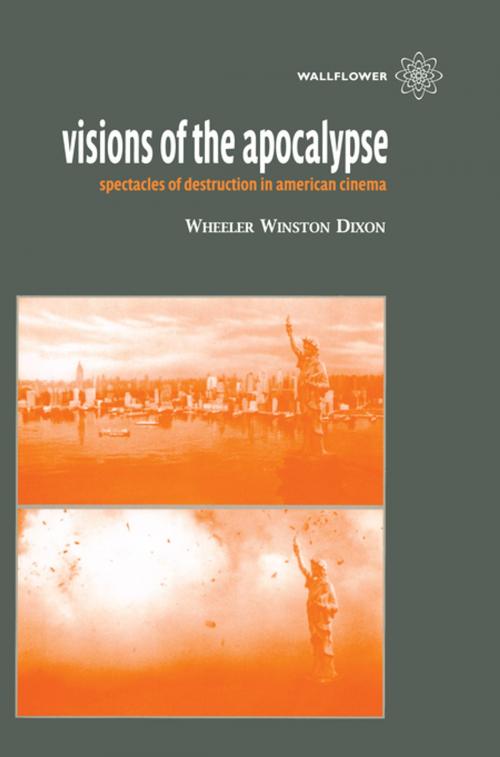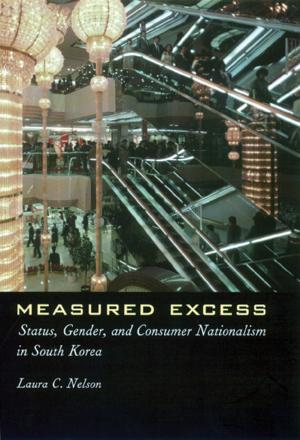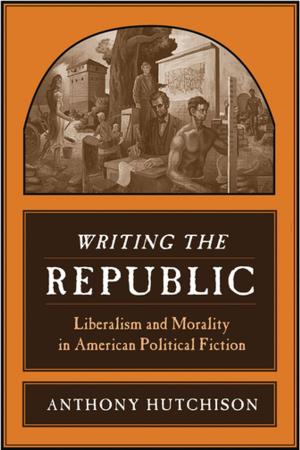Visions of the Apocalypse
Spectacles of Destruction in American Cinema
Nonfiction, Entertainment, Film, History & Criticism, Performing Arts| Author: | Wheeler Winston Dixon | ISBN: | 9780231850483 |
| Publisher: | Columbia University Press | Publication: | September 17, 2003 |
| Imprint: | WallFlower Press | Language: | English |
| Author: | Wheeler Winston Dixon |
| ISBN: | 9780231850483 |
| Publisher: | Columbia University Press |
| Publication: | September 17, 2003 |
| Imprint: | WallFlower Press |
| Language: | English |
Visions of the Apocalypse examines the cinema's fascination with the prospect of nuclear and/or natural annihilation, as seen in such films as Saving Private Ryan, Bowling for Columbine, We Were Soldiers, Invasion U.S.A., The Last War, Tidal Wave, The Bed Sitting Room, The Last Days of Man on Earth and numerous others. It also considers the ways in which contemporary cinema has become increasingly hyper-conglomerised, leading to films with ever-higher budgets and fewer creative risks. Along the way, the author discusses such topics as the death of film itself, to be replaced by digital video; the political and social tensions that have made these visions of infinite destruction so appealing to the public; and the new wave of Hollywood war films, coupled with escapist comedies, in the post-9/11 era. Encompassing both questions of physical and filmic mortality Visions of the Apocalypse is a meditation on the questions of time, memory and the cinema's seemingly unending appetite for spectacles of destruction.
Visions of the Apocalypse examines the cinema's fascination with the prospect of nuclear and/or natural annihilation, as seen in such films as Saving Private Ryan, Bowling for Columbine, We Were Soldiers, Invasion U.S.A., The Last War, Tidal Wave, The Bed Sitting Room, The Last Days of Man on Earth and numerous others. It also considers the ways in which contemporary cinema has become increasingly hyper-conglomerised, leading to films with ever-higher budgets and fewer creative risks. Along the way, the author discusses such topics as the death of film itself, to be replaced by digital video; the political and social tensions that have made these visions of infinite destruction so appealing to the public; and the new wave of Hollywood war films, coupled with escapist comedies, in the post-9/11 era. Encompassing both questions of physical and filmic mortality Visions of the Apocalypse is a meditation on the questions of time, memory and the cinema's seemingly unending appetite for spectacles of destruction.















